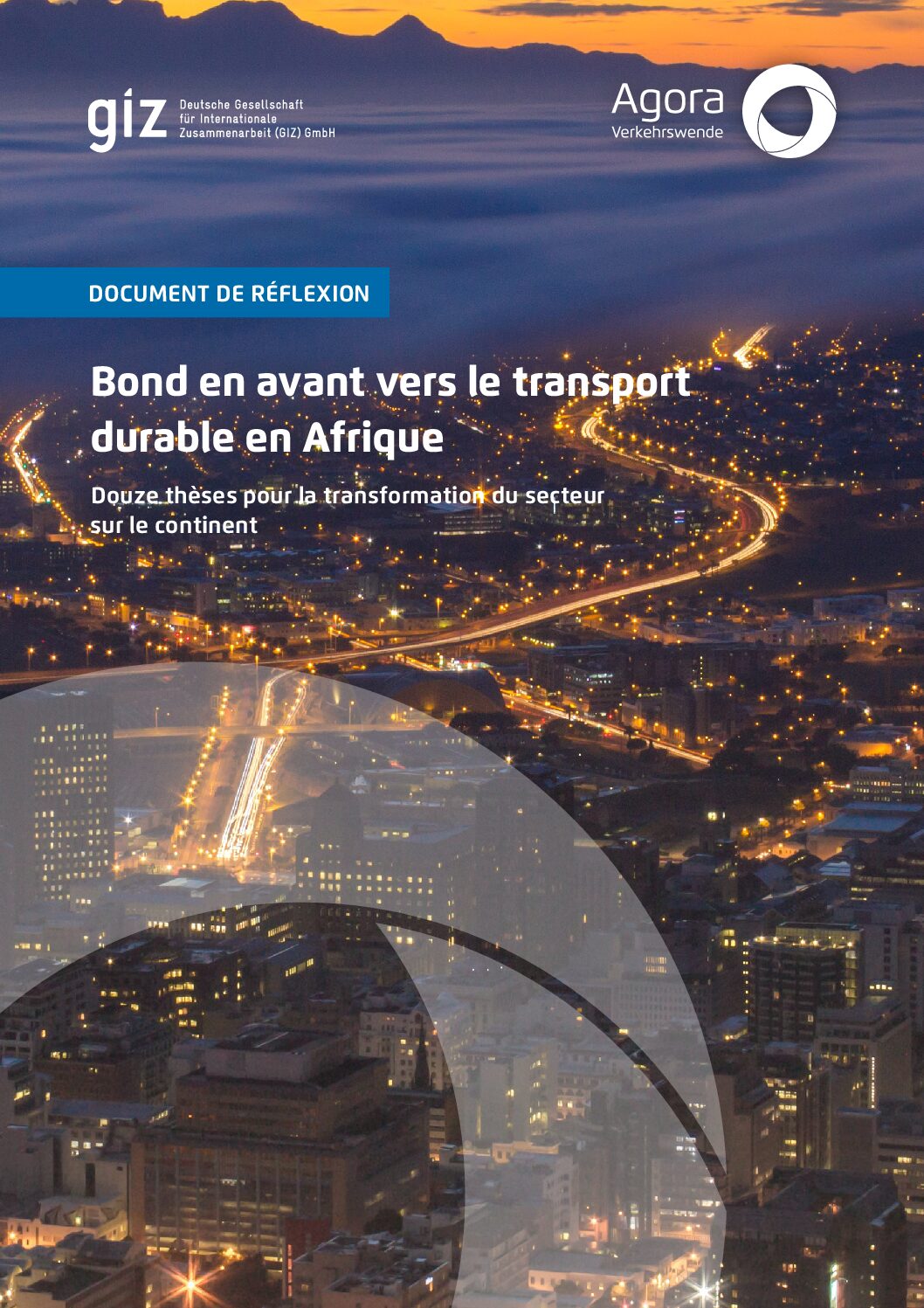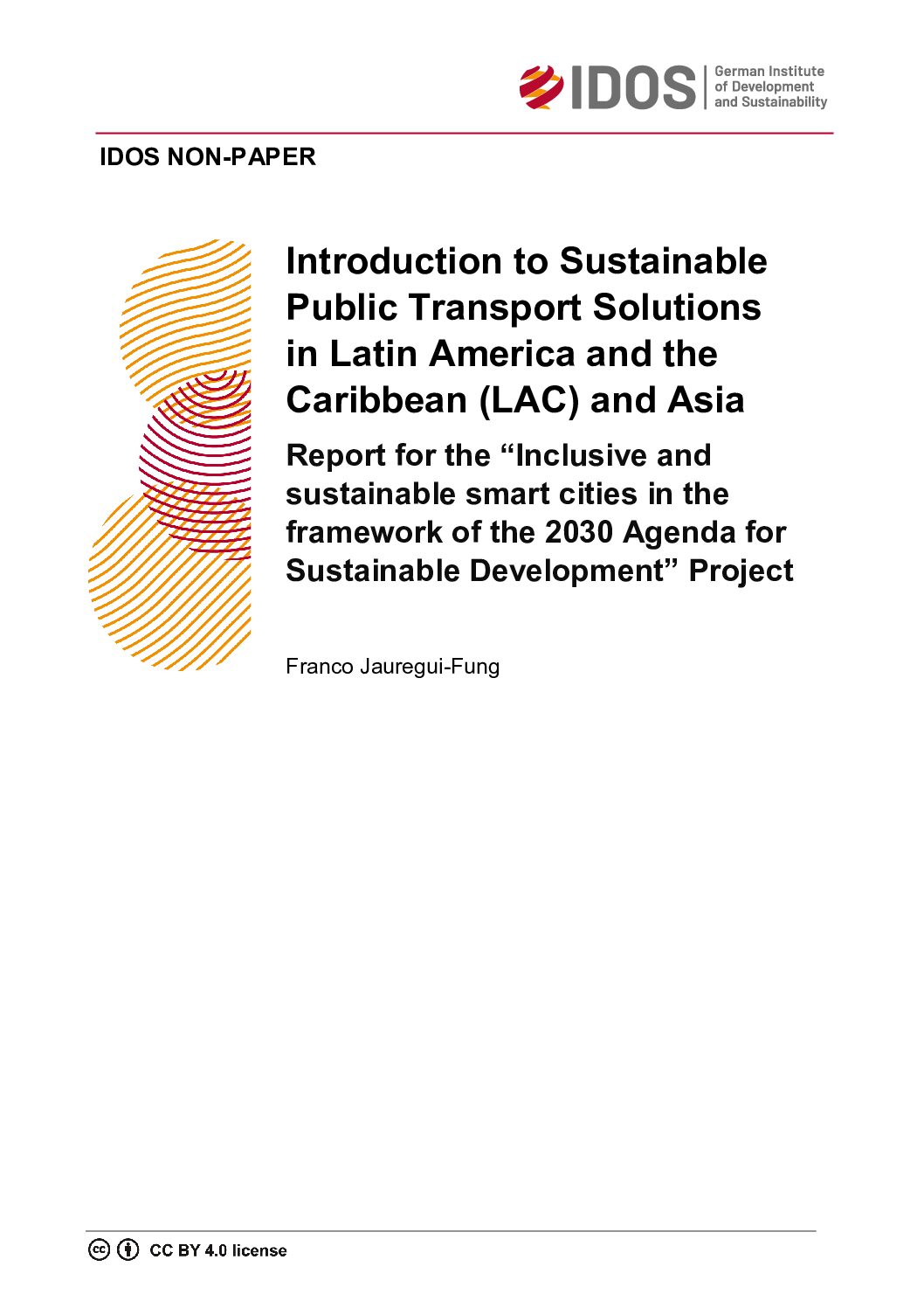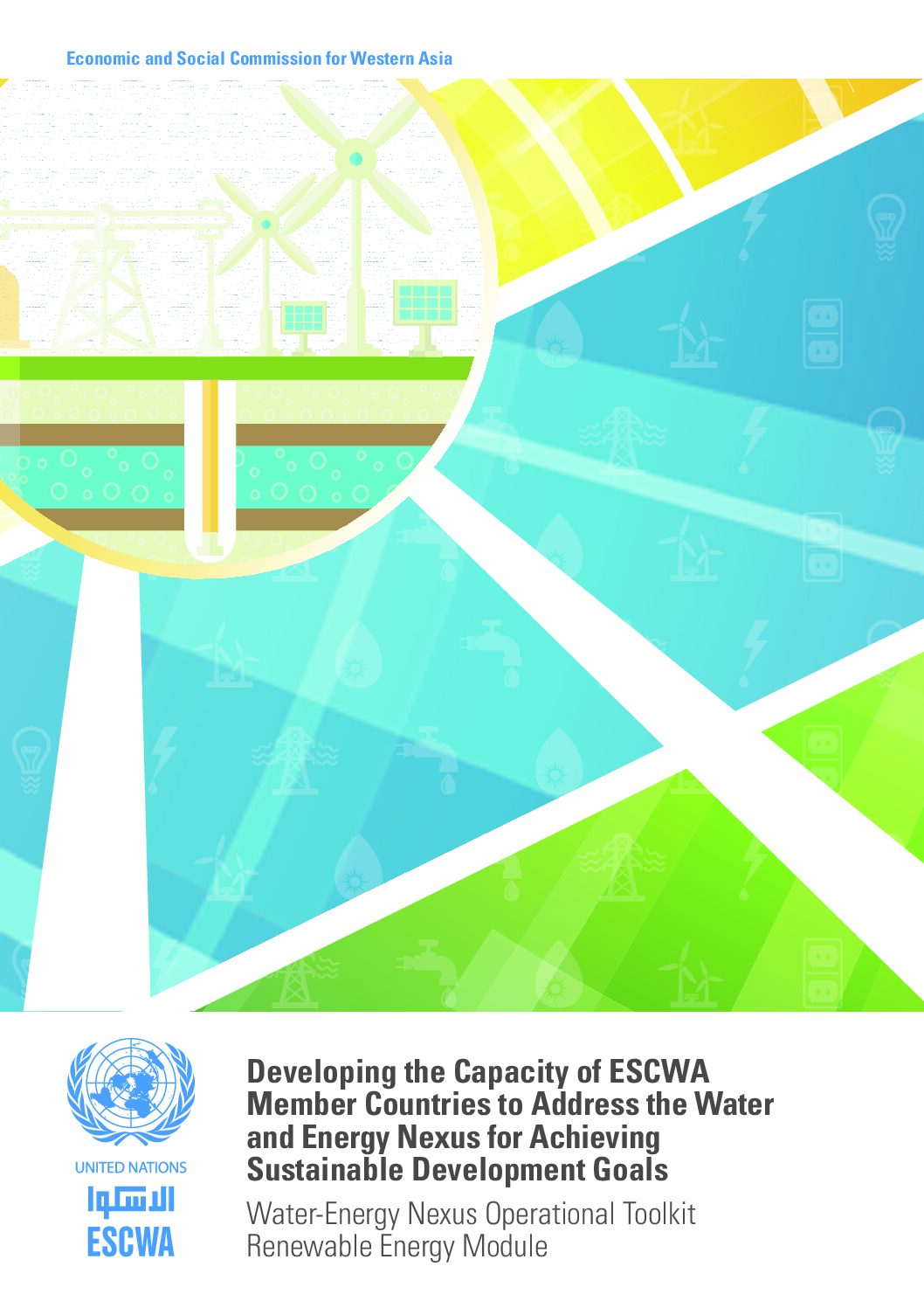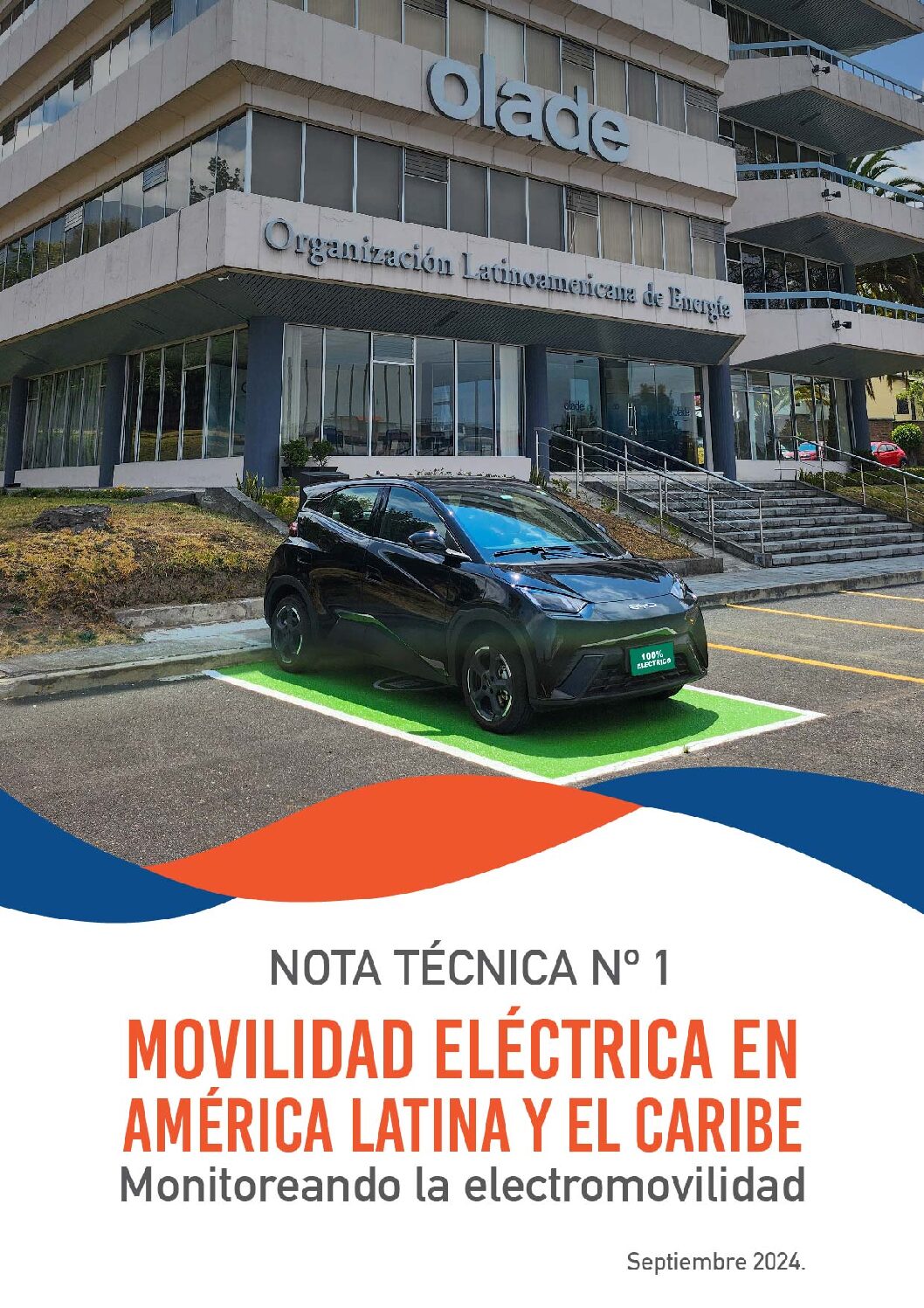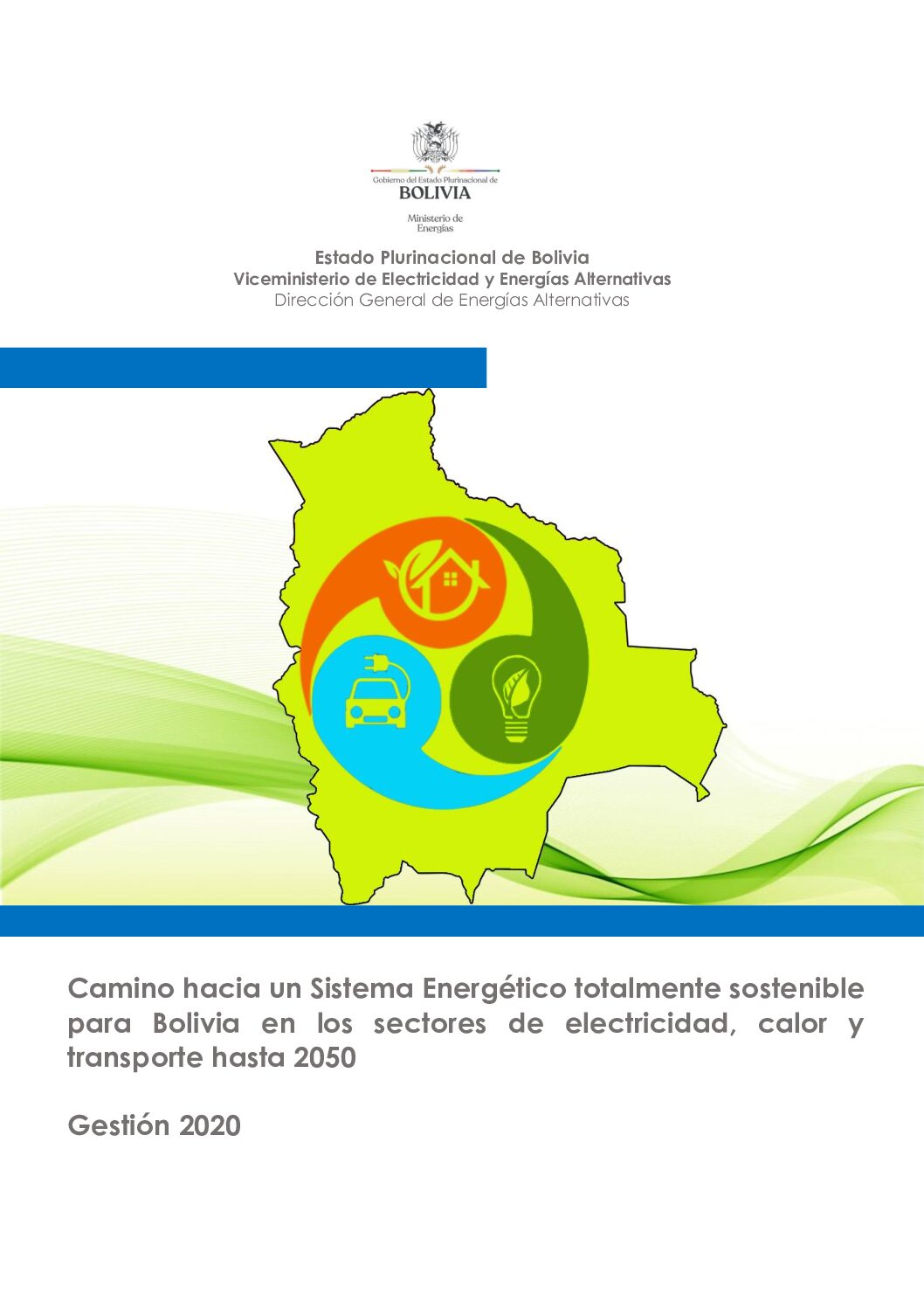This document aims to spark discussion on transport transformation in Africa – not only for change agents in African countries, but also in connection with the global climate and transport community. Through 12 insightful and thought-provoking ideas, the document addresses various areas such as facilitating a just transition, electrifying vehicles from renewable energies and redirecting […]
This report first offers an overview of urban mobility challenges in LAC and Asia, then presents the Big Push for Sustainability Framework directed towards achieving sustainable urban mobility and its economic, social and environmental benefits. The third section identifies important concepts in urban mobility that van support the three selected transit solutions.
This paper undertakes a comprehensive assessment of mobility patterns and accessibility needs in Freetown, Sierra Leone, and presents evidence of the significance of accessibility-centred information to inform policy priorities.
This article looks at travel patterns around universities in Africa and MENA and proposes a framework to engage universities to expand their sustainable mobility impact.
This brief provides a high-level overview of the status of Uganda’s off-grid solar markets, as well as relevant policies and programs.
RENAC offers a range of affordable online courses on most technical aspects of energy transitions, from systems design to carbon pricing.
This is a training module on the nexus between renewable energy and water management.
This memo provides an overview of the current state of e-mobility in Latin America and the Caribbean.
This report highlights the economic, social and environmental benefits that energy and transport sector-coupling and a transition towards EV- and RE-based, efficient systems can create in small island settings, and provides tools for the planning of such a transition.
This report sketches a roadmap towards a sustainable energy, heating and transport sector in Bolivia.

